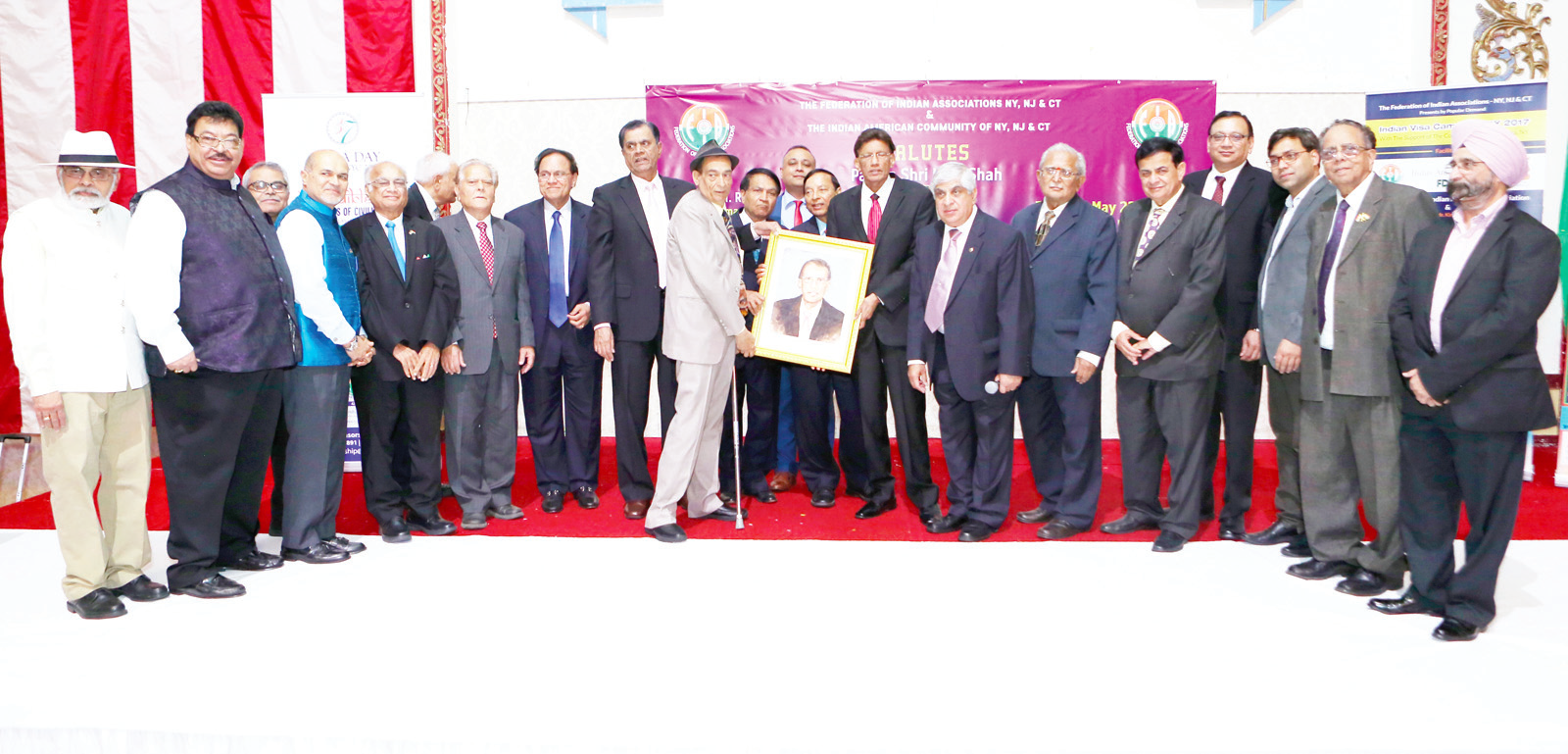LONDON (TIP): A parliamentary inquiry in Britain called on March 12 for an overhaul of the country’s electronic surveillance laws, but it cleared British spy agencies of breaking any laws by monitoring vast amounts of communications.
The investigation, by an oversight panel of lawmakers, was set up after Edward J. Snowden, the American former intelligence contractor, leaked details about the huge scale of information-gathering by agencies in the United States and Britain.
Like many Western countries, Britain is struggling to reconcile the desire to preserve the privacy of individuals with the need to gather intelligence that could prevent terrorist attacks.
Since the inquiry began in 2013, the Intelligence and Security Committee has taken evidence, both in public and in secret, from a variety of senior figures, including the heads of Britain’s domestic and foreign security services, MI5 and MI6.
On Thursday, the committee published the findings, which Hazel Blears of the opposition Labour Party, one of its senior members, described as “reassuring.” However, the investigation also concluded that laws under which the spy agencies worked were overly complex and lacked transparency.
The committee’s central recommendation was that “all the current legislation governing the intrusive capabilities of the security and intelligence agencies be replaced by a new, single act of Parliament,” Ms. Blears said.
The report concluded that the bulk interception of electronic communications did not equate to blanket or indiscriminate surveillance. That is because to monitor a specific person’s emails or other communications, the intelligence-gathering body, Government Communications Headquarters, or GCHQ, already needs to get specific authorization signed by a senior minister, Ms. Blears said.
However, she added, that the findings “do not obviate the need for a thorough overhaul of the current, overly complicated legislation.”
“There is a legitimate public expectation of openness and transparency in today’s society, and the security and intelligence agencies are not exempt from that,” said Ms. Blears, adding that “there is more that could and should be done.”
“This is essential to improve public understanding and retain confidence in the vital work of the intelligence and security agencies,” she said.
John Sawers, the former head of MI6, said in his evidence to the committee that “our adversaries were rubbing their hands with glee,” after Mr. Snowden’s revelations.
The leaks, he said, had been “very damaging, they’ve put our operations at risk.”
The chairman of the committee, Malcolm Rifkind of the governing Conservative Party, stepped down from his position last month after being filmed by undercover reporters apparently offering to provide consulting services to a private company for cash.





Be the first to comment